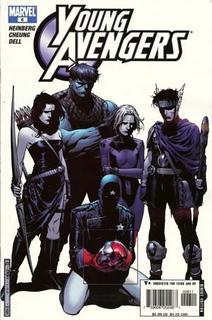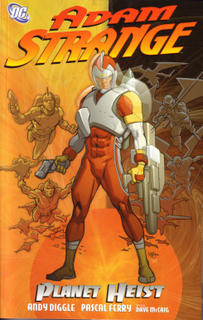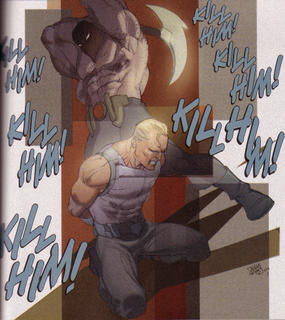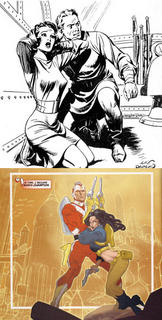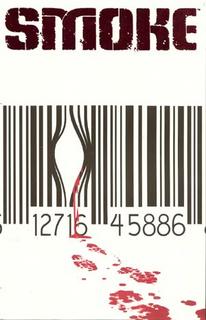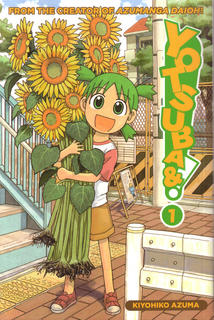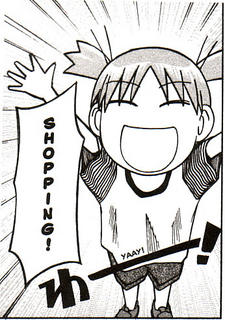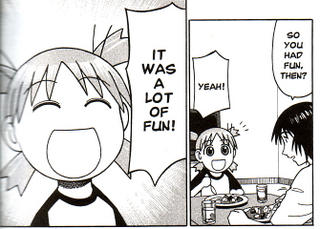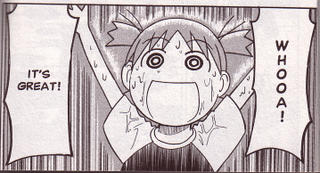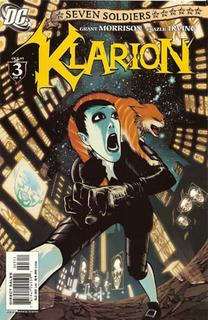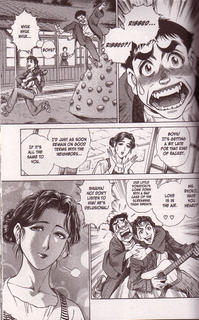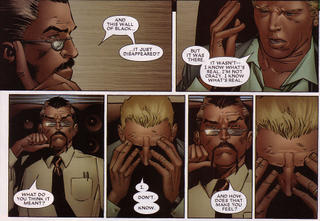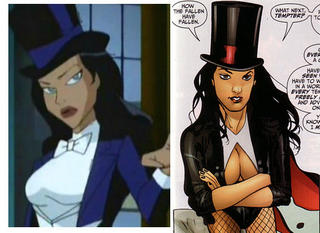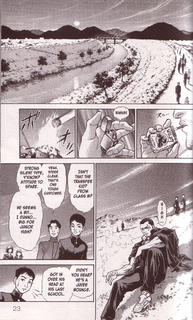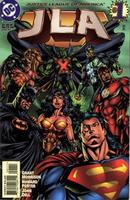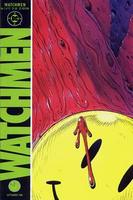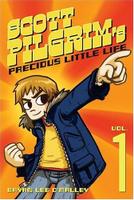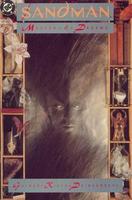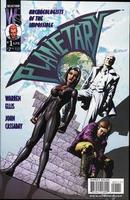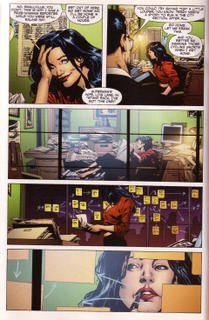Happy families are all alike; every unhappy family is unhappy in its own way.
-- Leo Tolstoy, Anna Karenina
The Russian word for "nonsense" is Вздор.
Вздор, Tolstoy. Вздор, I say!
Happy families are not all alike, and neither are happy people. It's a convenient writer's trick, however, to use crisis to illuminate character. People are different, be they happy or sad. It's just easier to see it when the contents are under pressure. Of course, any type of dramatic or narrative writing
needs conflict, but that must not always mean tragedy. The
trials of Job are all well and good ... but it's not the only way to tell a story.

The leading light in the "Job School of Writing" is HBO's excellent
Six Feet Under. It wrapped up its' five-year run this past weekend, and while I enjoyed the fantastic acting and writing throughout all five years, I was happy to see it come to an end. The series had started off well enough, with deep characters placed in complex situations. Some situations were horrible, some were great, and some were just plain ....
odd. As the show progressed, the "great" and the "odd" slowly disappeared, to be replaced by a succession of catastrophes. Each week, some new great tragedy would befall the Fisher family. The actors got some meaty scenes, and there was some deft character writing. However, it finally became tiresome to
only be able to see these characters under extreme duress: Not only because I cared for the Fishers, but because I wanted something different, a new note to be sounded.

I don't know if Geoff Johns and Dan DiDio are fans of the show, but they sure seem influenced by it.
Infinite Crisis seems to be a masters thesis in the of "Job School of Writing", as catastrophe after catastrophe is heaped on the shoulders of the heroes of the DC Universe. Conflict is the seed of the superhero genre, and a hero's life in crisis is nothing new. But the recent direction of the DCU has a different tone than the standard "good vs. evil": Mind control, murder, war, murder, rape, murder, deep secrets, murder ... well, you get the gist. This the major contributing factor in the "
Pre-Infinite Crisis Fatigue" that is starting to make the rounds like a nasty back-to-school virus. It's just all a bit unremitting, isn't it? Besides being repetitive, each crisis is lessened by the fact the it's become apparent there will be a new one next week ... after all, there's an
infinite supply. The very thing that's making
Infinite Crisis so engaging to me - its' cohesive storytelling across multiple titles - means that DC's superhero line is quickly assuming the character of
Six Feet Under. It's
all bad,
all the time, and there's nothing to balance it against.
While DC continues to find new ways to torture it's heroes, Marvel went the other way. "What if all the heroes were happy?" is the central conceit behind
House Of M.
House of M is the Anti-
Infinite Crisis, where we get a chance to examine the characters when they are content and happy. I didn't even realize the connection until I started writing about this issue, and my heart immediately leapt: "Bendis gets it! What a brilliant idea! What a great way to examine the characters - give them what they want! He's a genius!" ... And then I remembered I had already read the first 5 issues, and nothing of the sort was happening. There was a single light-weight issue of "everyone's happy", followed immediately by the heroes beginning to unite to undo that happiness. Perhaps that's a heroic idea - forsaking personal happiness for the greater good. It's also a writer getting his crutch back, without ever really exploring what writing would happen without it. The revolutionary changes promised from
House Of M will almost certainly not be that the heroes are happy. It's not a great stretch to say that there will be a tragedy of unseen scale.

As a counterpoint, look towards what Grant Morrison's doing in
Seven Soldiers. In DC's
other big event series, there's a broader range of storytelling than a infinite series of crises. These are solid superhero stories, and are anything but light and happy. However, the title character in
Klarion is getting what he wants. The whole story arc is the tale of the Witchboy getting the freedom he wants, and being delighted about it. There are obstacles along the way, but they can be overcome. In
The Manhattan Guardian, we see the main character experience terrible loss, but this is
mixed with the peaks of his life as he finds new happiness in helping people. There is death and loss in
Seven Soldiers, but it's affecting because there is something else, and we lean about these characters through the whole range of their emotions.
I don't think happy families are all alike. Nor are happy superheroes. They're just harder to write.
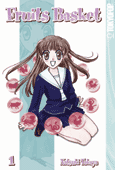 In other "Mark Reads Manga" news, which may be interesting to me and me alone, I picked up Fruits Basket Volume 1 while at 2005 Will Eisner Spirit of Comics Retailer Award Winning Night Flight Comics for my weekly trip. Although I know Fruits Basket is a sales powerhouse, I can't say the description of the series really sold me - nor did the cover.
In other "Mark Reads Manga" news, which may be interesting to me and me alone, I picked up Fruits Basket Volume 1 while at 2005 Will Eisner Spirit of Comics Retailer Award Winning Night Flight Comics for my weekly trip. Although I know Fruits Basket is a sales powerhouse, I can't say the description of the series really sold me - nor did the cover.